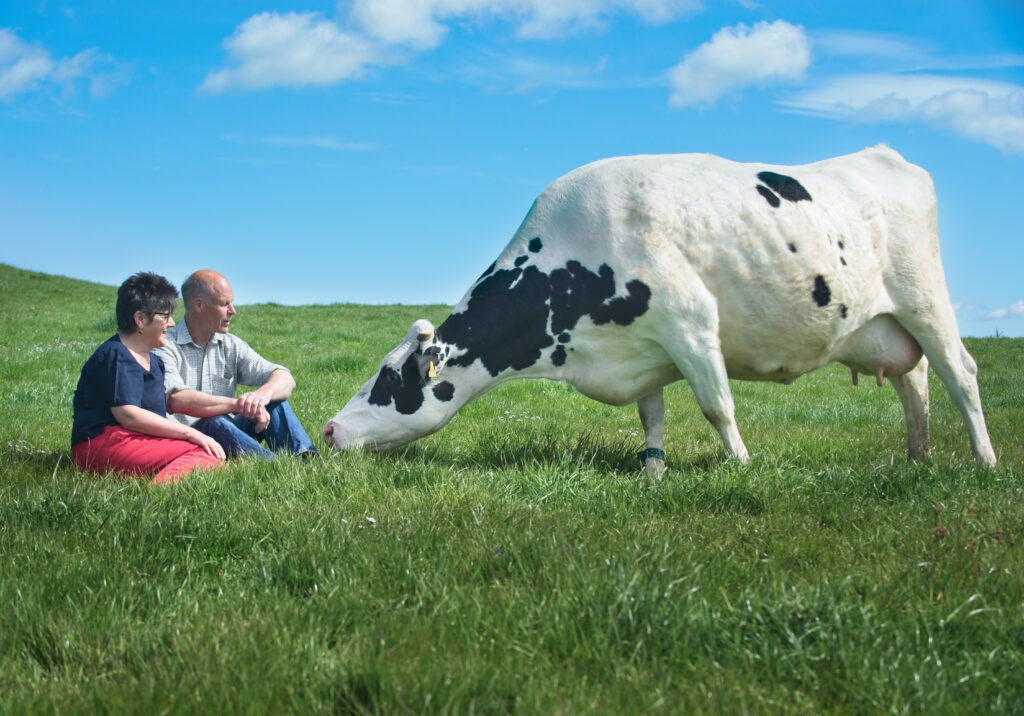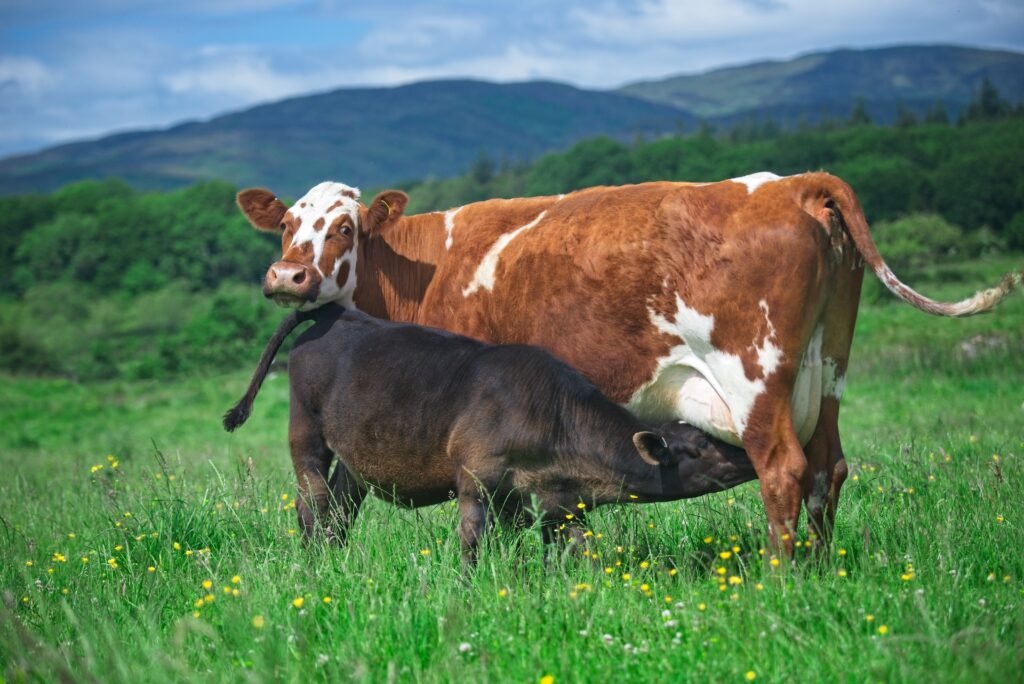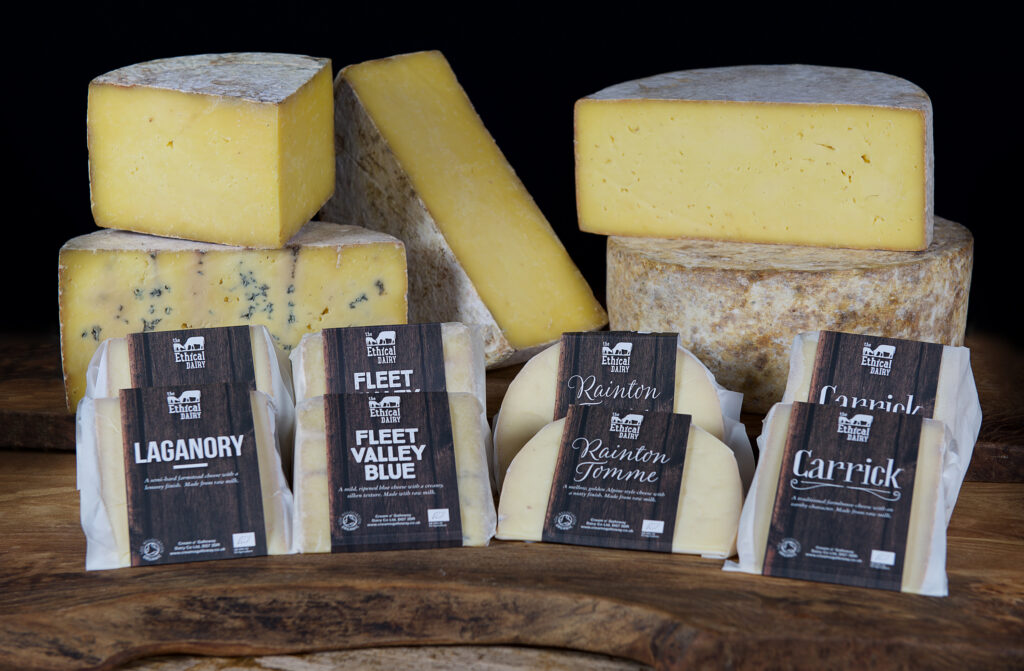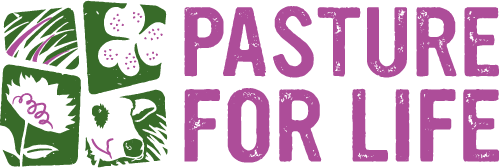Pasture Champions: David and Wilma Finlay The Ethical Dairy
 David and Wilma Finlay
David and Wilma Finlay
Tell us about your farm...
The evidence that we are heading for irreversible, human caused climate change with potentially catastrophic outcomes is now overwhelming. Over the past 25 years we have been redesigning our farming system to do everything we can to address the climate, environmental and biodiversity challenges that our industry faces.
We don’t have all the answers, but after 25 years of transitioning a conventional dairy farm to a pasture based, agroecological system, we do have some of the pieces of the answers. We know without a doubt that it is possible to produce nutritious food at scale – viably and profitably - in a way that benefits the environment.
Rainton Farm is located in south west Scotland, the heart of Scotland’s dairy industry. We are increasingly surrounded by intensive, zero grazing systems. We chose a different path.
Our farm comprises 340 hectares; with 40 mixed broadleaved woodland, 100 scrub and rough grazing and 200 low grade permanent pasture. We have been certified organic for more than 20 years, and PFLA and PWAB (anti-biotic free milk production) for the last couple of years. We have 130 three way cross dairy cows (Swedish Red, Holstein and Montbeliard), all their offspring to beef finishing or breeding and around 250 breeding ewes (Blackface cross).
 Calf suckling
Calf suckling
Five years ago, after almost a decade of research, pilots and preparation, we rolled out a cow with calf management system across our herd. We gave ourselves three years to prove that it worked. It did.
Rather than separating cows and calves within a day of birth as is the industry norm, our dairy cows get to rear their calves themselves for 5-6 months. During this time we milk the cows just once a day, and when the calves are 6-8 weeks we separate the cows and calves overnight. This begins a very gradual four month long weaning process, helps the calves’ rumen development and it means we get at least a little milk from the cows in the morning. After weaning we milk the cows twice-a-day, as they are still producing a lot of milk for the next couple of months, or so. Then it’s back to once-a-day. We keep the cows in two groups, one calving in November and the other calving in April/May.
We use the milk to make traditional unpasteurised cheese, which we market as The Ethical Dairy, and ice cream, which is sold under the brand Cream o’ Galloway. We also have a visitor centre which sells our own products, food tourism experiences such as ice cream making workshops, and we have an extensive network of nature trails for visitors to explore.
 The Ethical Dairy range of cheeses
The Ethical Dairy range of cheeses
Enhancing biodiversity on the farm, and sharing what we do with visitors, has always been important to us, and we are now seeing a marked increase in interest from a wider range of people. We launched a weekly farmer-led in-depth sustainable food farm tour this summer, which has proven popular.
Continue...



